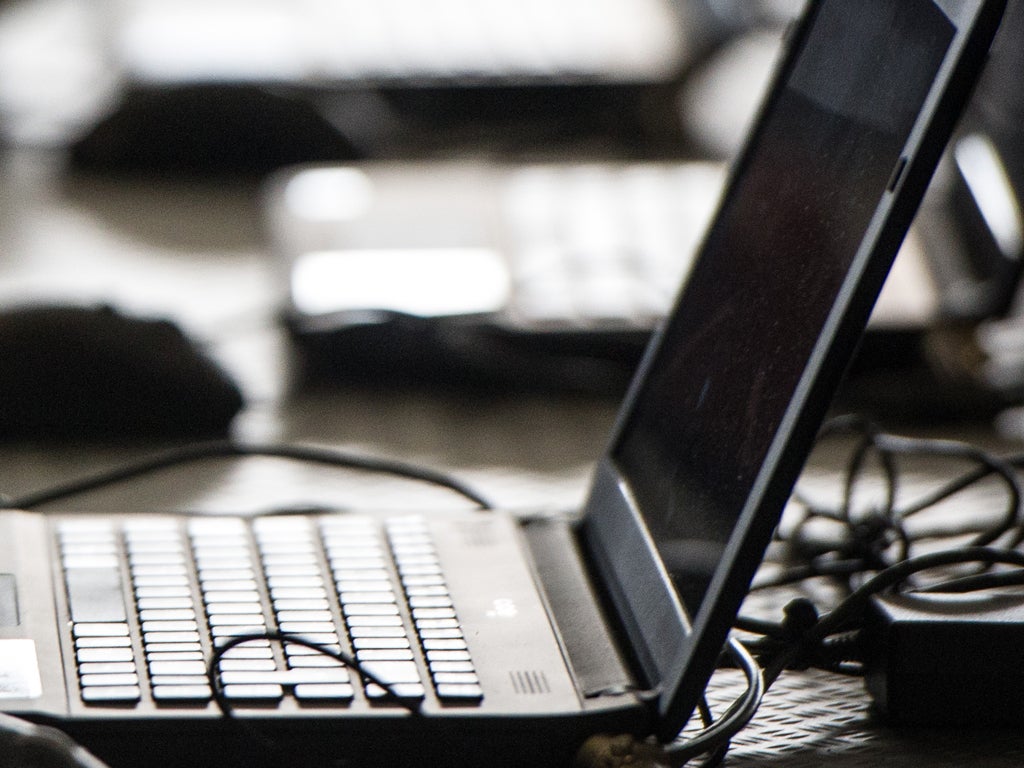Government to introduce approved website 'whitelist' to counter indiscriminate filters
The UK Council for Child Internet Safety will draw up a list of approved sites offering advice about topics such as sex and drugs

The government is reportedly constructing a “whitelist” of websites to counter the sometimes-indiscriminate filters internet service providers (ISPs) introduced at its requests.
The filters have been heavily criticized for blocking sites run by charities that aim to educate young people about topics such as sex, drugs and health issues.
A report conducted by BBC Newsnight last month found that all three of the major ISP-run filters current in place worked erratically. TalkTalk’s, for example, failed to identify 7 per cent of adult content online whilst blocking sites such as the sex education-focused BishUK.com and Edinburgh’s Women’s Rape and Sexual Abuse Centre.
Similar issues of unwarranted censorship were observed with the filters operated by Sky and BT The software works by scanning keywords to guess sites’ content; the government whitelist will ensure sites approved by the government’s UK Council for Child Internet Safety are not blocked.
David Miles, who chair’s the working group, told the BBC that although “the amount of inadvertent blocking is low,” he condeded that “if you are a charity and you deal with teenagers in distress that 1 or 10 matters to you."
"We are building a master list of sites that the charities are helping us with and actively testing this right now," said Mr Miles, noting that the need for the list will become more pressing as filters are introduced to outstanding internet users.
Currently ISPs force new customers to make a choice about whether or not to implement the filters. Over the course of 2014 it is expected that they will present the filters to existing customers as well.
Filters of this sort have been standard for mobile internet services in the UK, though Mr Miles described the new home filters as “quite unusual”.
"At the ISP level, on public wi-fi and via mobile operators, the UK will be subject to a substantial amount of network-level filtering all of a sudden,” he told the BBC. "That new network-level filtering could increase the level of over-blocking.”
Letters: Give ‘opt-out’ porn filters a fair trial
Without question, the Internet can be a toxic place for young people. But withdrawing access to it isn't the right answer
Abuse support and sex education sites blocked by ISP's 'porn filters'
Ofcom staff tried to access porn 4,00 times in three months
Join our commenting forum
Join thought-provoking conversations, follow other Independent readers and see their replies
Comments
Bookmark popover
Removed from bookmarks